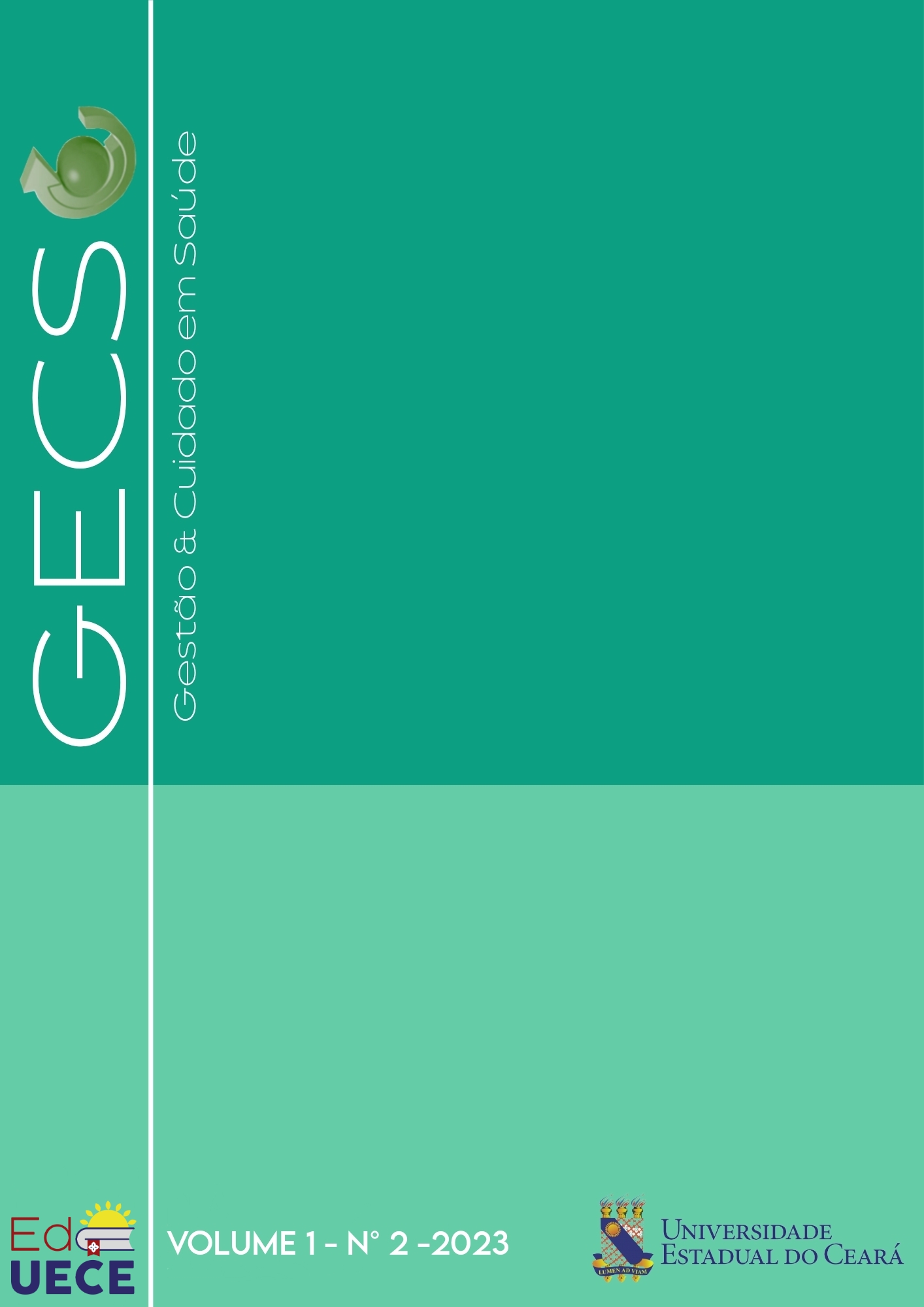Quarentine as retreat: meditative practices in the context of pandemic
DOI:
https://doi.org/10.70368/gecs.v1i2.13875Keywords:
mental health, meditation, qualitative research, Covid-19 pandemicAbstract
The social isolation imposed by the COVID-19 pandemic has generated psychological distress. Meditation practices, being effective and accessible tools for non-pharmacological mental health care, have proved important in promoting psychological well-being in this challenging scenario. This article aims to discuss the effects of meditation practices reported by practitioners during the period of physical distancing caused by the Covid-19 pandemic. The study adopts a qualitative approach, using semi-structured interviews to collect information. We used the thematic content analysis technique to process the data and used a questionnaire to characterize sociodemographics. We identified four main categories that reflect the effects of meditative practices in the pandemic, namely: Adaptation to the Context; Self-Referred Self- Care Routine; Contemplation of Inner Experience About Oneself and Feeling of Closeness to Others. The analysis of the categories made it possible to evaluate mental health as a dynamic and interdependent state, the result of the complex interaction between individual and collective factors. It was concluded that meditation, as a PICS practice, was an effective strategy for managing disturbing emotions, reducing feelings of loneliness and strengthening mental health during physical distancing. The study suggests the need for future research to deepen understanding of the effects of meditation in other stressful situations, both for individuals and for groups in Brazilian society.
Downloads
Published
How to Cite
License
Copyright (c) 2025 Ramon Araujo de Carvalho, Nelson Filice de Barros

This work is licensed under a Creative Commons Attribution 4.0 International License.













